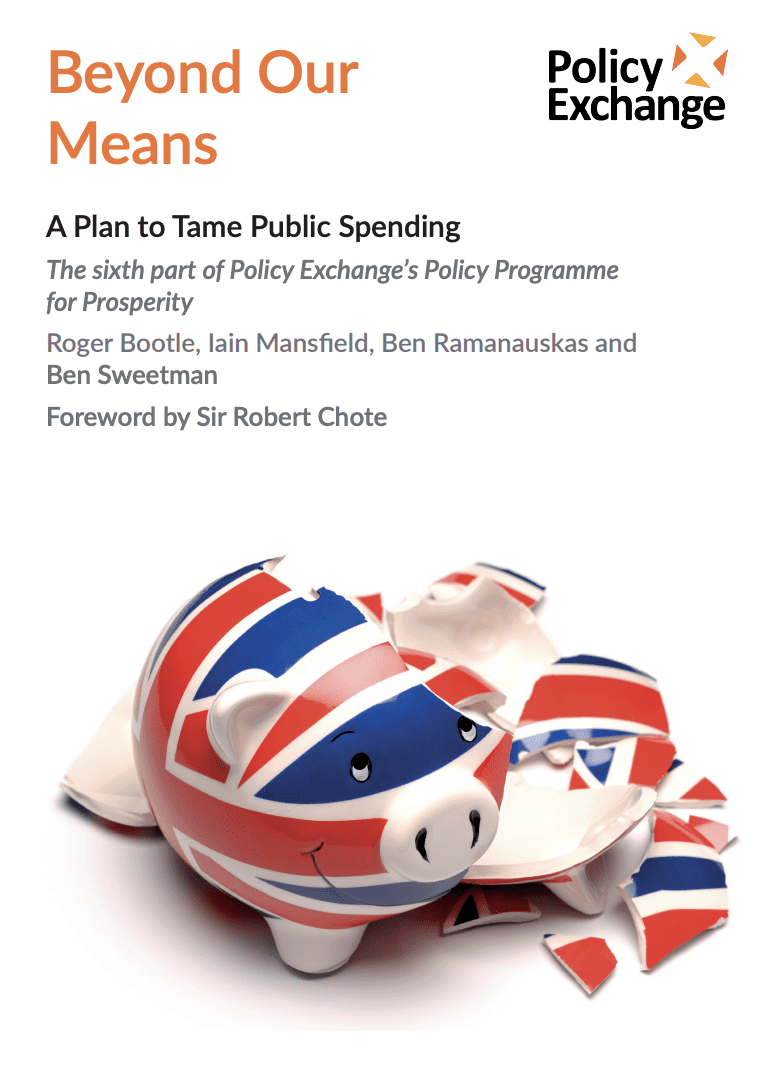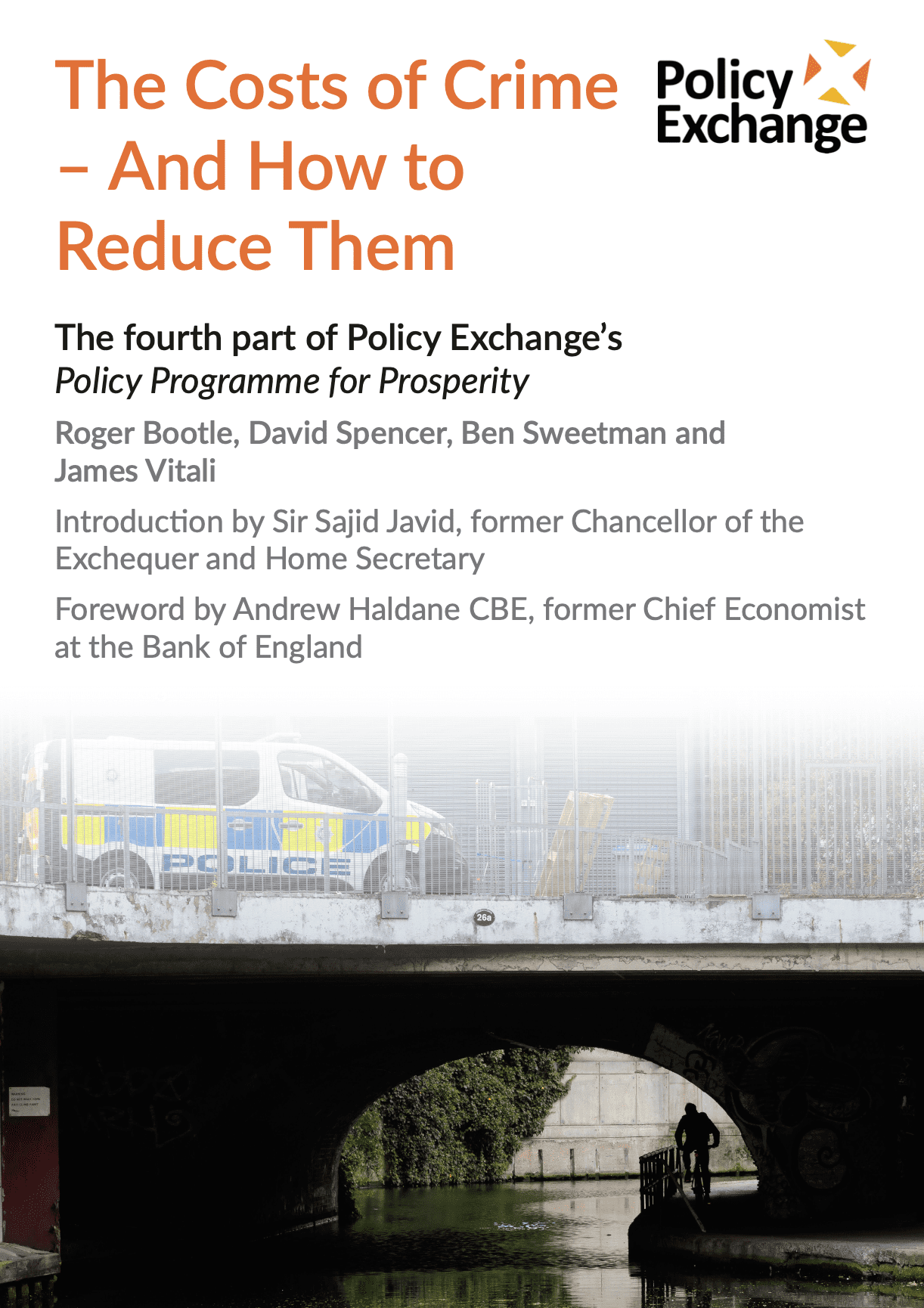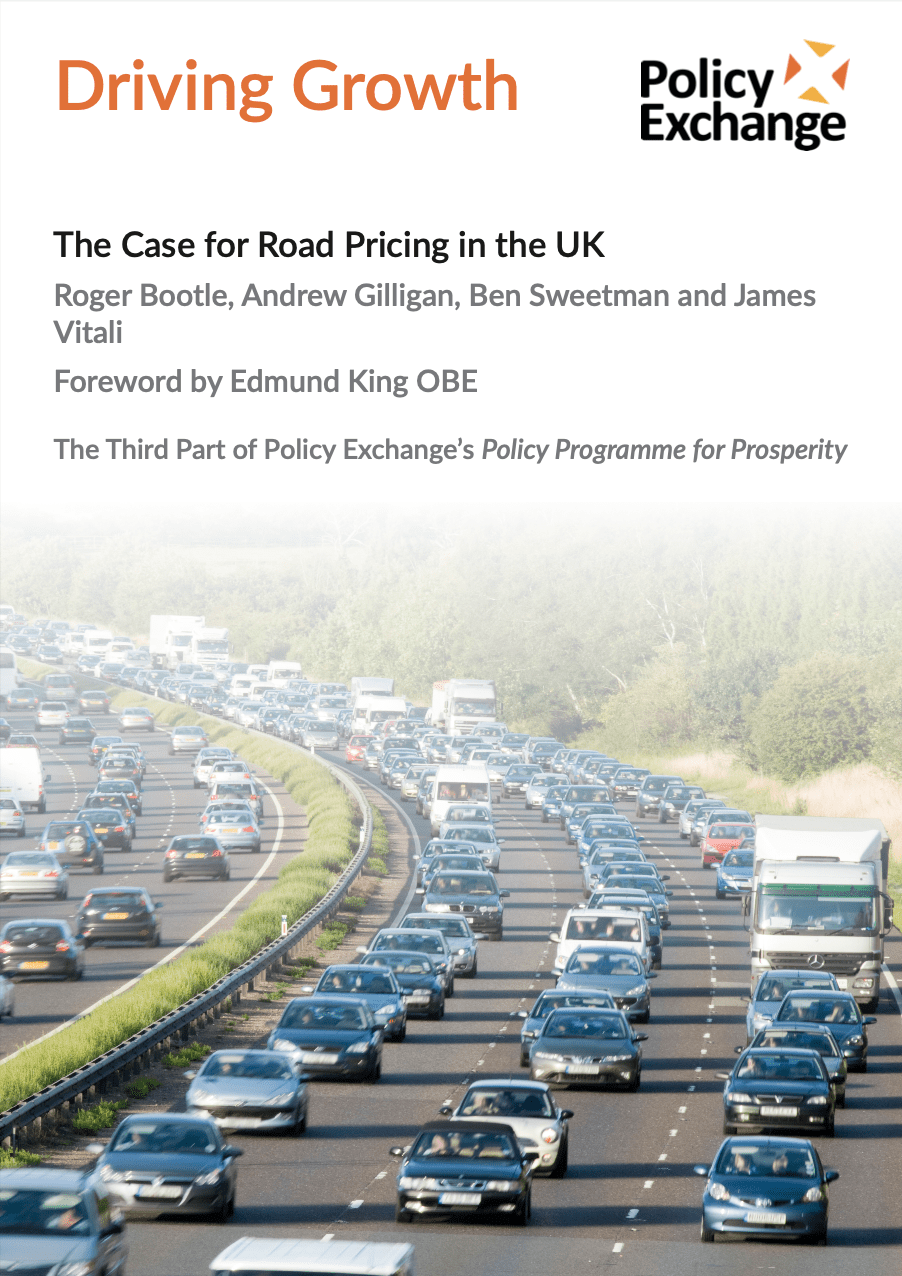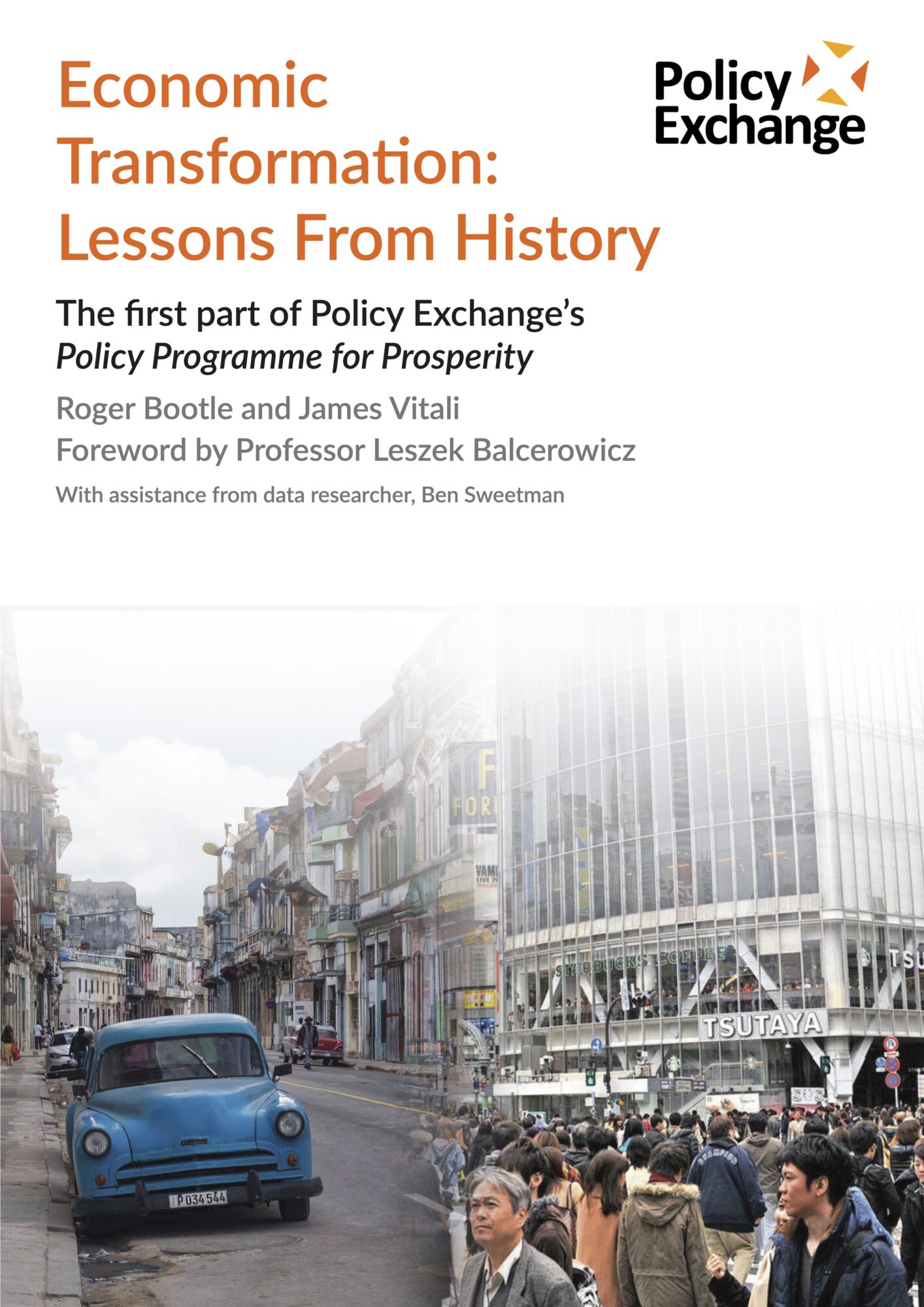Roger Bootle
Head of the Policy Programme for Prosperity
Roger Bootle is Senior Independent Adviser to Capital Economics, one of the world’s largest independent macroeconomics consultancies, having earlier been Managing Director and Chairman. Roger founded Capital Economics in 1999. He is also an Honorary Fellow of the Institute of Actuaries and a Fellow of the Society of Professional Economists.
He was formerly Group Chief Economist of HSBC, Economic Adviser to Deloitte and a Visiting Professor at Manchester Business School. Under Chancellor Kenneth Clarke he was appointed to the Government’s panel of Independent Economic Advisers, the so-called “Wise Men”. From 1998 to 2017 he was a Specialist Adviser to the House of Commons Treasury Committee. In 2012, Roger was named Economics Commentator of the Year and, together with a team from Capital Economics, he won the Wolfson Prize.
Roger Bootle studied at Merton College and Nuffield College, Oxford and then became a Lecturer in Economics at St Anne’s College, Oxford. Most of his subsequent career has been spent in the City of London.
Roger has written many articles and several books on economics. His latest book is The AI Economy – Work, Wealth and Welfare in the Robot Age. His previous books, Making a Success of Brexit and Reforming the EU, (the 4th edition of The Trouble with Europe), The Trouble with Markets and Money for Nothing, were widely acclaimed. His earlier book, The Death of Inflation, published in 1996, became a best-seller and was subsequently translated into nine languages. Roger is also joint author of the book Theory of Money, and author of Index-Linked Gilts.
Roger is a regular columnist for The Daily Telegraph and he appears frequently on television and radio.






